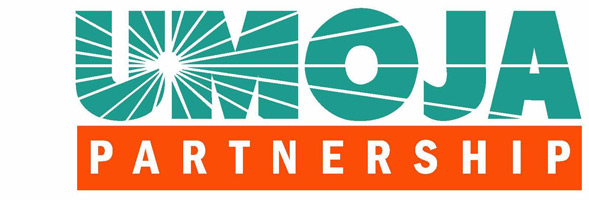Ellen Daniels-Howell, Executive Director of Global Interfaith Partnership
Just when I think I have seen the worst of Kenyan roads, I travel another one that makes all others pale by comparison. In the same way, just when I think I have seen the worst living situations in our service area, I visit a new place which is even more desperate. Such was my experience today visiting Nametsa Primary School.
To get to Nametsa, one traverses steep, narrow roads that look like dry creek beds and crosses several streams, most with bridges but a couple without. 5-6 kilometers from the school, one abandons the car and sets out on foot “to the backside of the mountain” as I was told. At this point the real fun begins, as one climbs narrow, rocky footpaths (all in the equatorial sun no less). The children who trek to school each day usually do it barefoot; I, at least, had on fairly sturdy shoes. The women often take this route with bags of maize or other foodstuff on their heads; I did not have to maintain such erect posture. The men carry in all supplies for building or farm supplies on their backs; I had my hands free.
All I could think about while I made the trip was how did the people in this remote area access health care? When I asked my question of the Head Teacher, he told me that most choose not to try. Even if an ill or injured person manages the rough terrain, most do not have the few shillings required for a clinic visit. In fact, a 7th grade boy died last week because the family did not have the 15 shillings for his medication (approximately 20 cents).
In spite of an energetic principal, the people at Nametsa seem to be without hope inasmuch as they are without many visible resources. Since this was my first visit, it is difficult for me to sort out the causes of the bleak atmosphere: at some point, did the people give up trying to create a better life for themselves, or do they continue to try but are thwarted at every turn? Probably some combination of the two. In any case, the people of Nametsa are tired, sick and hungry.
I walked the school grounds, talking to guardians, teachers and students. I heard three things over and over: first, please understand how difficult life is in on this remote side of the mountain; second, please tell the people in Indiana how appreciative everyone is of the school lunch program; and finally, please don’t forget us. The first two requests don’t bother me — I will try to understand and I will do all I can to convey the people’s thanks. However, that last request haunted me all the way back to the car. What would it be like to live in such isolation and poverty? I think the fear of being forgotten would be very real.
